Apricot is a fruit known by people for millennia. Archaeological excavations in the ancient Armenian city of Shenchovit, near Yerevan, have uncovered layered apricot excavations dating back to 6, 000 BC. The first written mention of apricot was 4, 000 years ago in a letter from a Chinese resident.
Our well-known apricot originates as a variety from the Hindu Kush highlands of Central Asia, where today the borders of China, Tajikistan, Afghanistan and Pakistan meet. Natural forest and very old apricot trees can still be found in northeastern China and the Caucasus.
It is believed that the ancient nation of the Tajiks were the first to cultivate this tree. Apricot was their only source of sugar, so over the centuries they have developed a good selection and created varieties such as Ameri and Hodjendi, which when dried contain up to 85% sugar.
It is a well-known fact to derontologists, that the Hunzi people who inhabited the highlands of northern Pakistan, not far from where apricots originated, are the healthiest and longest-lived people in the world. According to researchers and medical scientists who studied the life of the Huns in their natural environment in the 1950s and 1960s, 100% of them had perfect eyesight and cancer, heart attack, high blood pressure, high cholesterol and even appendicitis and gout were unfamiliar conditions.
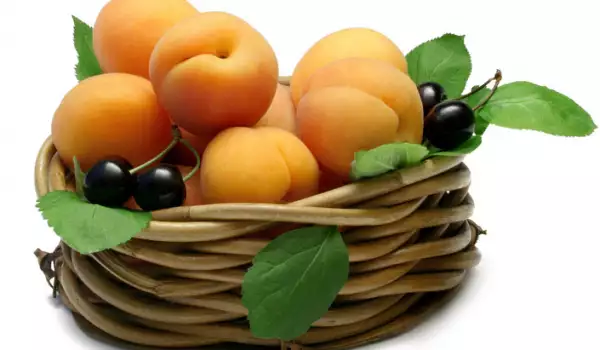
Older women and men had the opportunity to enjoy life. You must be wondering what they ate to be so strong and healthy at the age of 100 or even 120. Surprisingly for all, nothing special was found in their very ordinary food. The only thing that distinguished the Huns' food from traditional Western diets was that they did not consume animal fats.
Their year-round diet was rich in dried fruit and nuts, with apricots and apricot kernels predominating and their main source of fat was apricot seeds. Apricots were such an important part of the life of the Huns that, in fact, in their valley, a person's wealth was measured by the number of apricot trees they owned.
Apricot kernels contain an average of 21% protein and 52% vegetable oil and are widely used as a substitute for almonds in the food, cosmetics and pharmaceutical industries. Due to its high amygdalin content, apricot seeds are a source of vitamin B17 and are used in alternative medicine in cancer therapy.
However, it should be noted that apricot seeds must be well roasted before direct consumption, as they can be poisonous if consumed raw in large quantities. In addition, this fruit itself is a bit of a natural medicine. The American Cancer Society notes that apricots, like other fruit rich in carotene, reduce the risk of cancer of the larynx, esophagus and lungs.
Only a handful of apricots contain 100% of the recommended daily dose beta carotene - a powerful antioxidant, which our body transforms into Vitamin A. It strengthens our immune system and is good for the eyes, hair, skin, gums and glands. Cobalt and copper, found in apricots and especially their high iron content, make them beneficial in the fight against anemia and make this fruit an indispensable ingredient in baby food.
Apricots are also a source of potassium and it has been clinically proven that fresh and dried fruit, as well as nectars, are a very good alternative to chemical diuretics. The chemical element boron, which is also found in apricots, has recently been identified as one of the main factors in preventing osteoporosis by helping menopausal women maintain their estrogen levels.
The endless list of remarkable nutritional and medicinal ingredients of apricots and their nuts can be extended further. Not surprisingly, dried apricots, rich in minerals, macro and micronutrients, were number one on NASA astronauts' list of provisions.
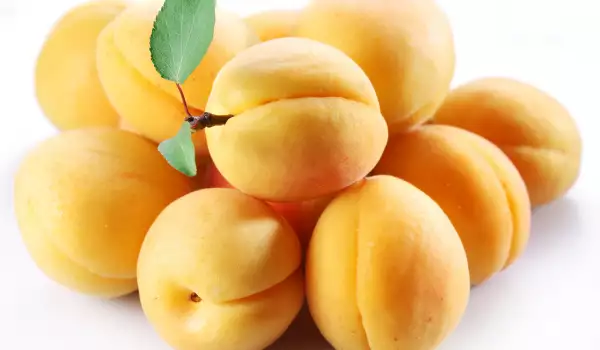
Apricots are extremely useful fruit for relieving constipation. This property is due to the high amount of fiber, which supports digestive processes and stimulates intestinal movement. In addition to constipation, apricots successfully fight bloating, as well as unpleasant gas in the intestines, which create a feeling of heaviness and discomfort.
Apricots are believed to have excellent anti-inflammatory properties. For this reason, it is good to consume them for arthritis and gout.
The fruit relieve fever. This is due to the combination of vitamins, minerals and valuable detoxifying fluids in the fruit.
According to some studies, apricots can relieve the symptoms of asthma and asthma attacks. For this purpose, the use of apricot essential oil is recommended.
Undoubtedly, apricots are an extremely healthy food for every age, but they must also be delicious to be an integral part of our diets. However, unlike other types of fruit, apricots cannot develop their organic ingredients once they are picked.
If you love apricots, we recommend trying our recipes for homemade apricot jam. Its taste in winter is unique.
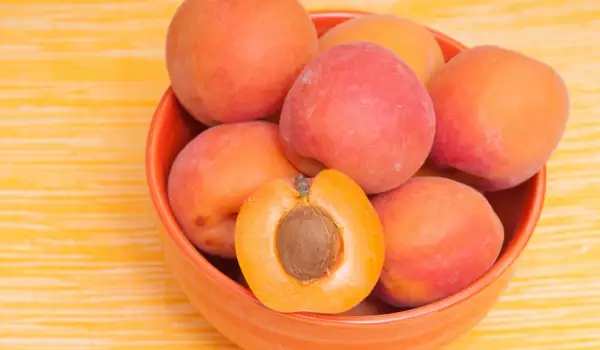
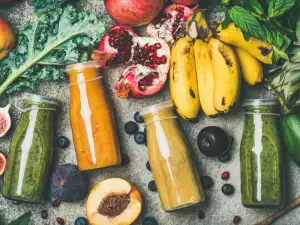


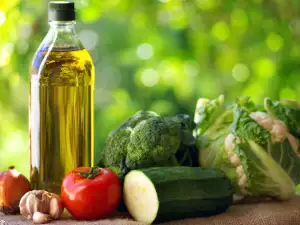

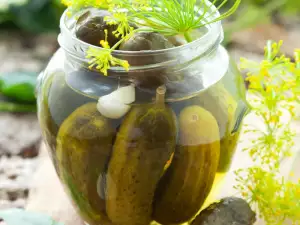
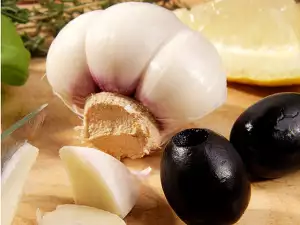
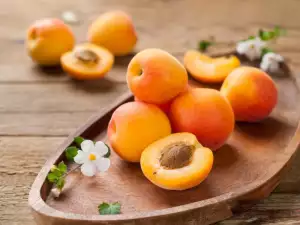




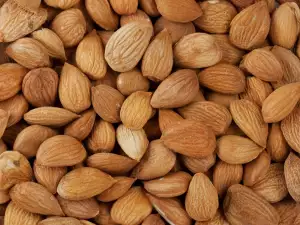
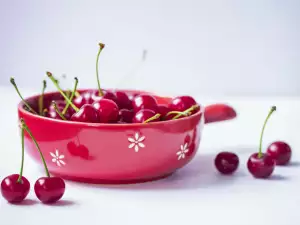




Comments